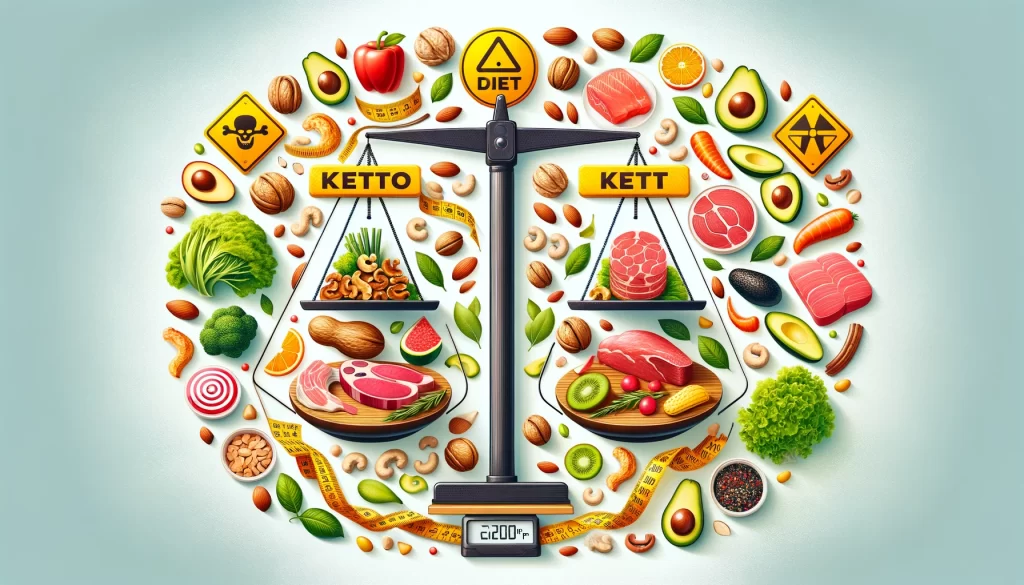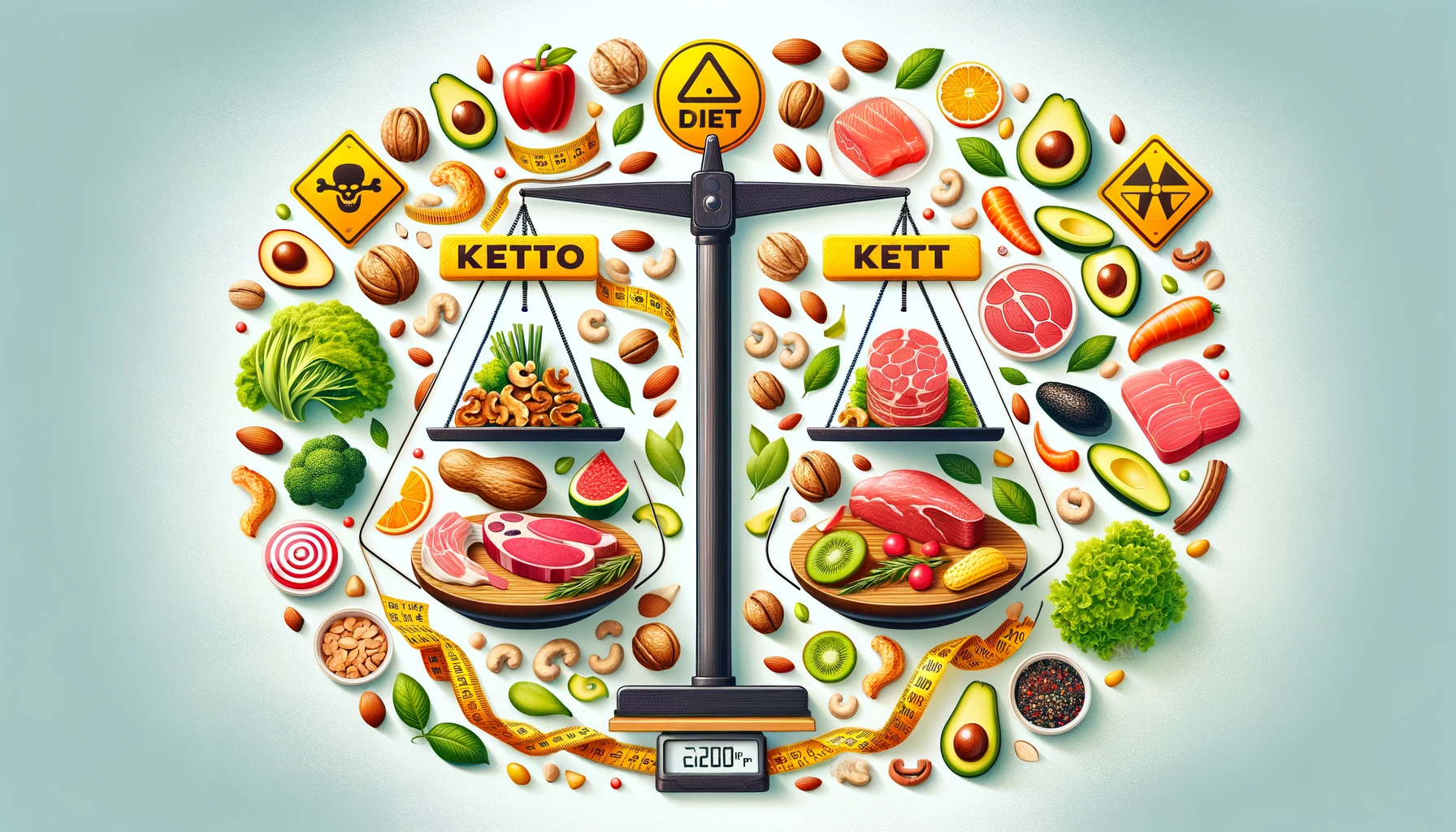The ketogenic diet, commonly known as the keto diet, has surged in popularity over the years, touted for its remarkable effects on weight loss and overall health improvement. However, like any significant dietary adjustment, it comes with its share of controversies and medical advisories. This extensive guide delves deep into understanding the keto diet, its benefits, risks, and how it fundamentally alters your metabolism.
What is the Keto Diet?
The keto diet is a high-fat, low-carbohydrate diet that dramatically reduces carbohydrate intake and replaces it with fat. This reduction in carbs puts your body into a metabolic state called ketosis, where fat from your diet and from your body is burned for energy.
Scientific Mechanism Behind Ketosis
When you eat less than 50 grams of carbs a day, your body eventually runs out of fuel (blood sugar) it can use quickly. This typically takes 3 to 4 days. Then you’ll start to break down protein and fat for energy, which can make you lose weight. This is called ketosis.
Benefits of the Keto Diet
- Weight Loss: The most well-known benefit of the keto diet is its ability to help achieve rapid weight loss. By burning fat as a primary energy source, the body can shed excess weight effectively.
- Improved Heart Health: Studies have suggested that the keto diet can improve heart health by reducing cholesterol levels. High levels of HDL (good) cholesterol have been observed in those following a keto diet.
- Enhanced Brain Function: The ketones produced during ketosis provide a more stable energy source for the brain, which can improve cognitive functions and potentially reduce the risk of neurological disorders.
- Blood Sugar Control: By limiting carbohydrate intake, the keto diet can help stabilize blood sugar levels, which is particularly beneficial for those with type 2 diabetes.
Risks of the Keto Diet
- Nutrient Deficiencies: Because the diet restricts certain food groups, there is a risk of nutrient deficiencies unless carefully managed.
- Liver and Kidney Stress: The high fat intake can put extra stress on the liver, and the shift in metabolism can burden the kidneys.
- Keto Flu: Many individuals experience flu-like symptoms when they first enter ketosis due to the drastic change in diet and metabolism.
Who Should Avoid the Keto Diet?
Individuals with pre-existing liver or kidney conditions, pregnant or nursing women, and those with a history of eating disorders should consult with a healthcare professional before starting a keto diet.
Making Keto Work for You
- Planning: Proper planning is essential to avoid deficiencies and to maintain a balanced diet while on keto.
- Supplementation: Consider supplements to make up for potential nutrient shortfalls.
- Hydration: Increased water intake is crucial on a keto diet to help the kidneys process a higher fat intake.

Personal Experiences and Anecdotal Evidence
Many individuals report improved energy levels, better mental clarity, and easier weight management. However, experiences vary widely and the diet does not suit everyone.
The Bottom Line
The keto diet offers substantial benefits for weight loss, metabolic health, and more. Yet, it’s not without risks and may not be suitable for everyone. Thorough research and consultation with healthcare providers are essential before embarking on this dietary journey.

